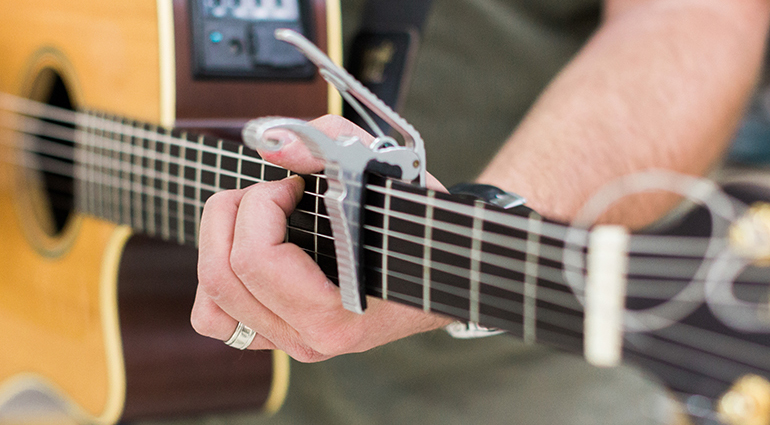Grass or Grace
Lot chose for himself the whole plain of the Jordan. Genesis 13:11
My friend Archie came home from vacation to find his neighbor had erected a wooden fence five feet inside his property line. Several weeks went by during which Archie tried to work with his neighbor to remove the fence. He offered to help and to split the cost of the work, but to no avail. Archie could have appealed to civil authorities, but he chose to forgo that right in this instance and allow the fence to stand—to show his neighbor something of the grace of God.
“Archie is a wimp!” you say. No, he was man of towering strength, but he chose grace over a patch of grass.
I think of Abraham and Lot, who fell into conflict because their flocks and herds overwhelmed the land. “Quarreling arose between Abram’s herders and Lot’s. The Canaanites and the Perizzites [the unbelieving community] were also living in the land at that time” (Genesis 13:7). Lot chose the best of the land and lost everything in the end. Abraham took what was left over and gained the promised land (vv. 12–17).
We do have rights and we can claim them, especially when other’s rights are involved. And sometimes we should insist on them. Paul did when the Sanhedrin acted unlawfully (see Acts 23:1–3). But we can choose to set them aside to show the world a better way. This is what the Bible calls “meekness”—not weakness. Strength under God’s control.







